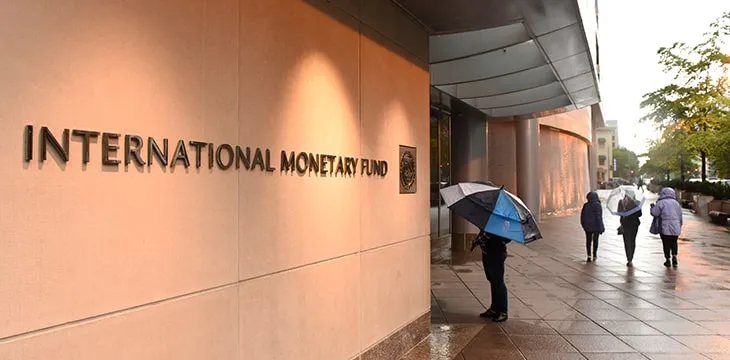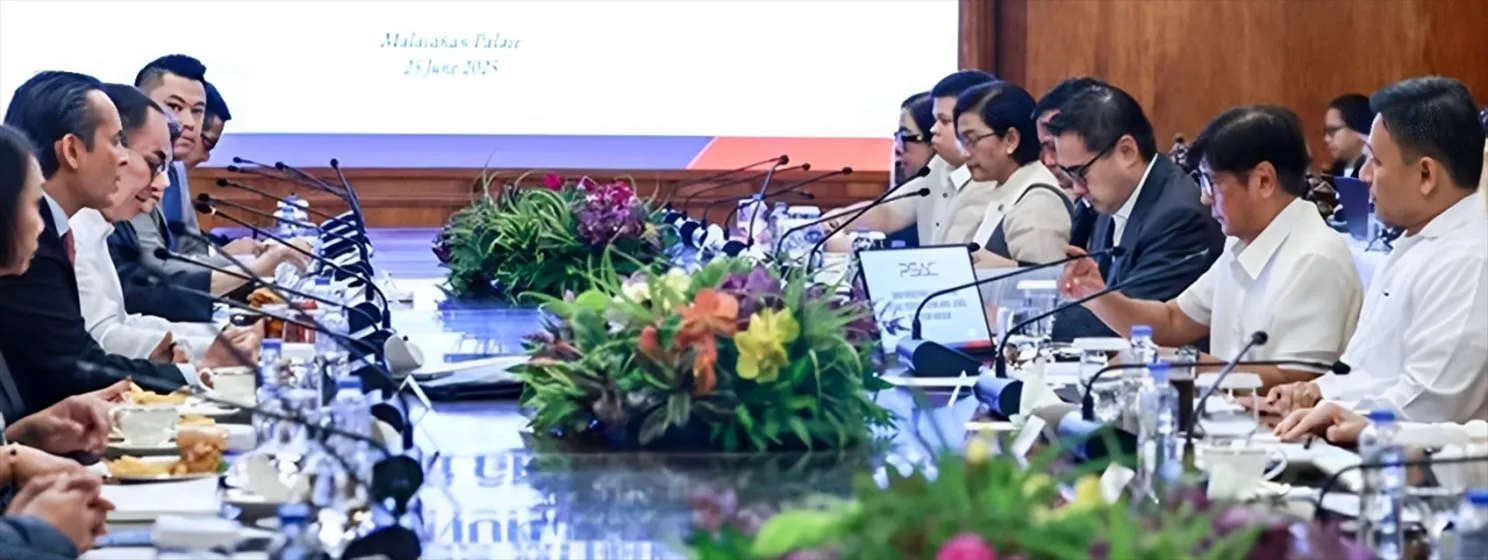|
Getting your Trinity Audio player ready...
|
Argentina has landed a deal with the International Monetary Fund (IMF) for a $45 billion bailout to ensure the country doesn’t default on its loan obligations. However, the deal comes with the unusual requirement that the Argentinian government takes a stance against digital currencies and discourage its use.
The debt deal was first approved by the Chamber of Deputies on March 11 and sent to the Senate for final approval. A week later, the Senate voted 56-13 in favor of the deal. This week, the IMF acknowledged the deal, which it claimed in a statement will “encourage more sustainable and inclusive growth.”
As the Washington-based financial institution’s Director of Communications, Gerry Rice, noted, the IMF executive board will meet to discuss Argentina’s request for the debt restructuring program on March 25.
If approved, the South American country will secure a grace period in which its payment will be postponed through 2026. It will also immediately receive close to $10 billion. Argentina was due to pay the IMF $2.8 billion by March 22 and cumulatively pay $39 billion by the end of 2023.
The details of the deal, including the anti-digital currency stance, were laid out in a letter of intent signed by Economy Minister Martín Guzmán and Miguel Pesce, the central bank president, on March 3. Most of the details are standard, geared towards boosting the country’s economy and making it more resilient.
However, one provision caught the eyes of the digital currency community. Under “Strengthening financial resilience,” the government pledges to curb the growth of the digital currency industry.
“To further safeguard financial stability, we are taking important steps to discourage the use of crypto-currencies with a view to preventing money laundering, informality and disintermediation,” it stated.
The anti-digital currency provision comes as no surprise since the IMF isn’t a big digital currency fan. The organization has published several warnings on the rise of digital currencies, which it claims could bring about economic instability once they become mainstream. Just a few months ago, it claimed in a report that stablecoin adoption poses a contagion risk to global financial systems.
The debt deal doesn’t detail how the government will discourage digital currency adoption, leaving Argentinian digital currency users uncertain of what comes next once the IMF approves the deal.
Some are already calling out the government, claiming that it’s handing over Argentina’s sovereignty to foreign entities by signing the deal.
“It strikes me that the IMF has these types of demands in an agreement with a government, which is a demonstration of the weakness and concern generated in the Fund by the advancement of new technologies that threaten the hegemony of the dollar as a reserve currency,” Santiago Siri, the founder of blockchain project Universal Basic Income commented.
Siri further told local newspaper La Nación that blockchain and digital currency adoption in Argentina have created thousands of new jobs for many and is helping the country get out of an economic crisis.
“If the national government accepts a clause of this nature, it can only be described as a subservient government, because they would be fully handing over this country’s opportunity to grow sovereignly,” he added.
Argentina has been one of the biggest hubs for digital currencies globally, with Chainalysis ranking it as the 10th biggest market. With inflation being at record highs, many have turned to digital currencies as an alternative to the peso.
Rodolfo Andragnes, the co-founder of NGO Bitcoin Argentina, also voiced his opposition to the clause. Describing it as ‘ridiculously full of lies,’ he claimed it makes little sense to stamp out digital currencies to curb money laundering.
“It’s like proposing to discourage the use of dollars. You can prevent money laundering, but [you don’t have to] attack cryptocurrencies to achieve that, they are two unconnected things,” he told the paper.
Watch: CoinGeek New York panel, Government & Public Sector Applications on Blockchain

 07-02-2025
07-02-2025 





